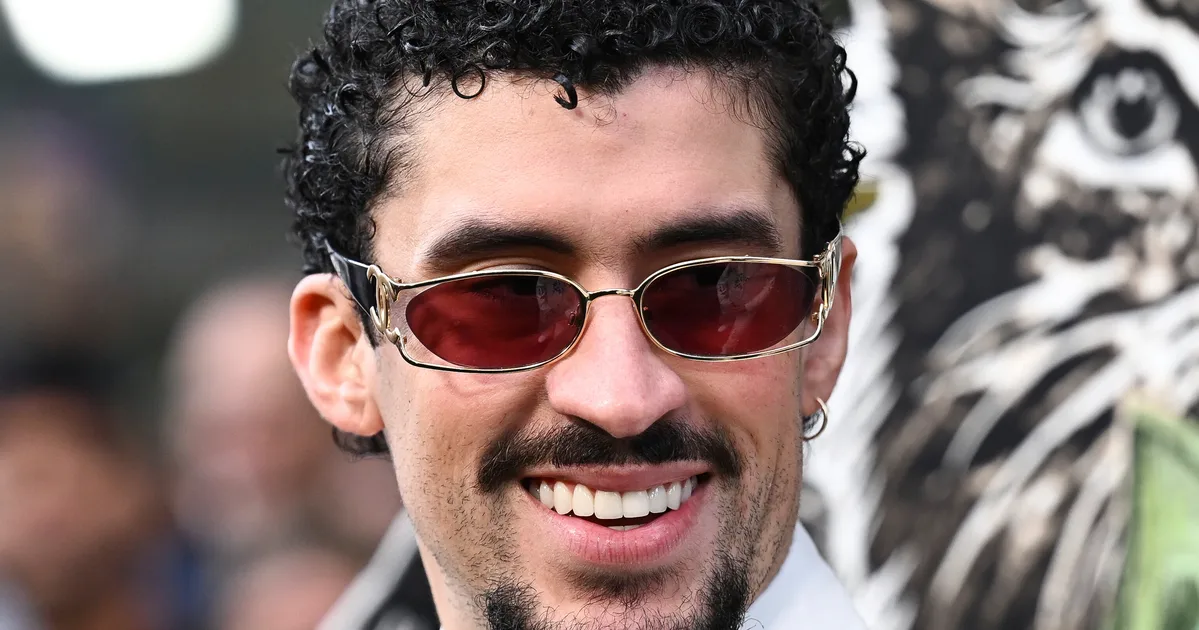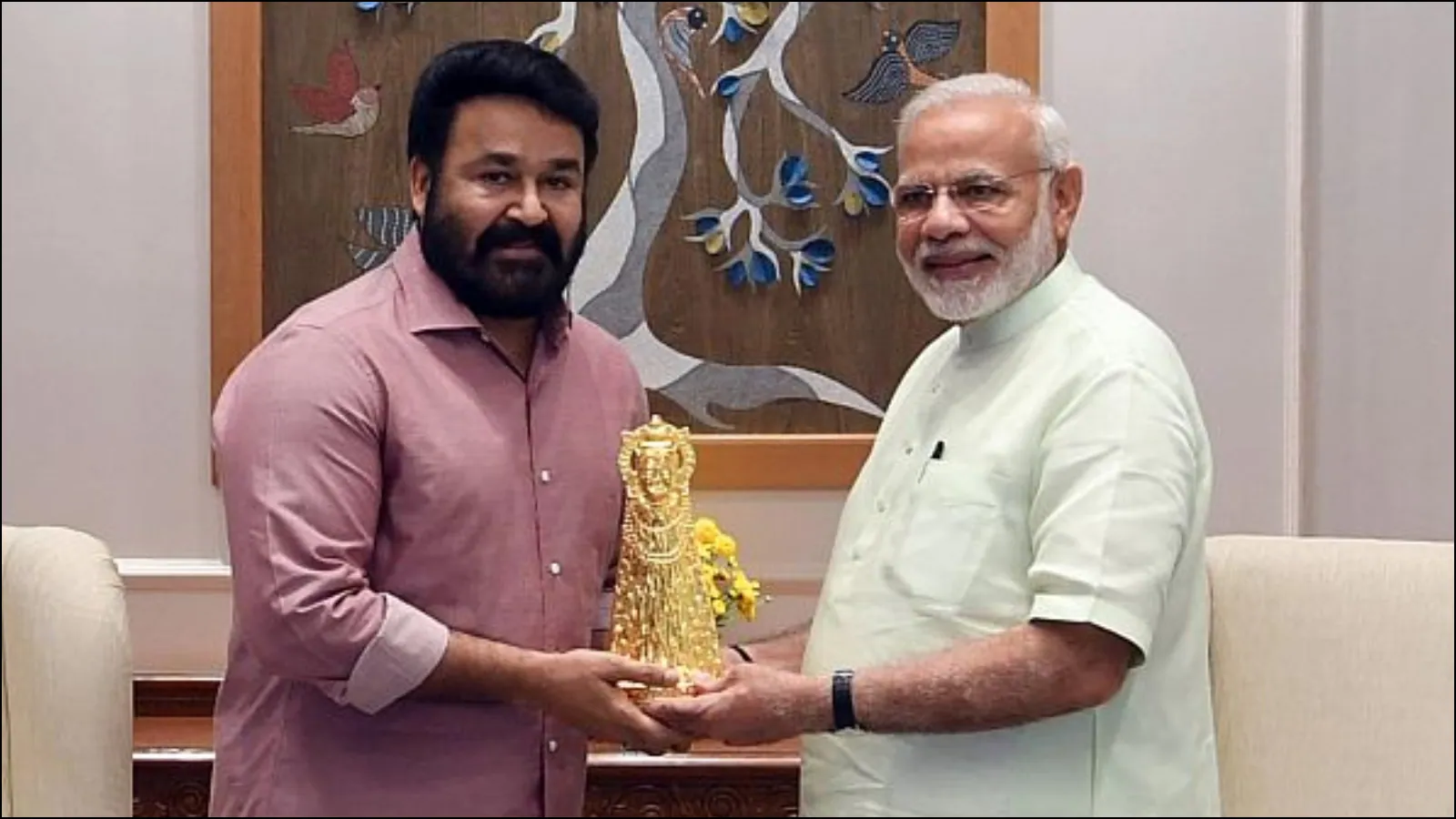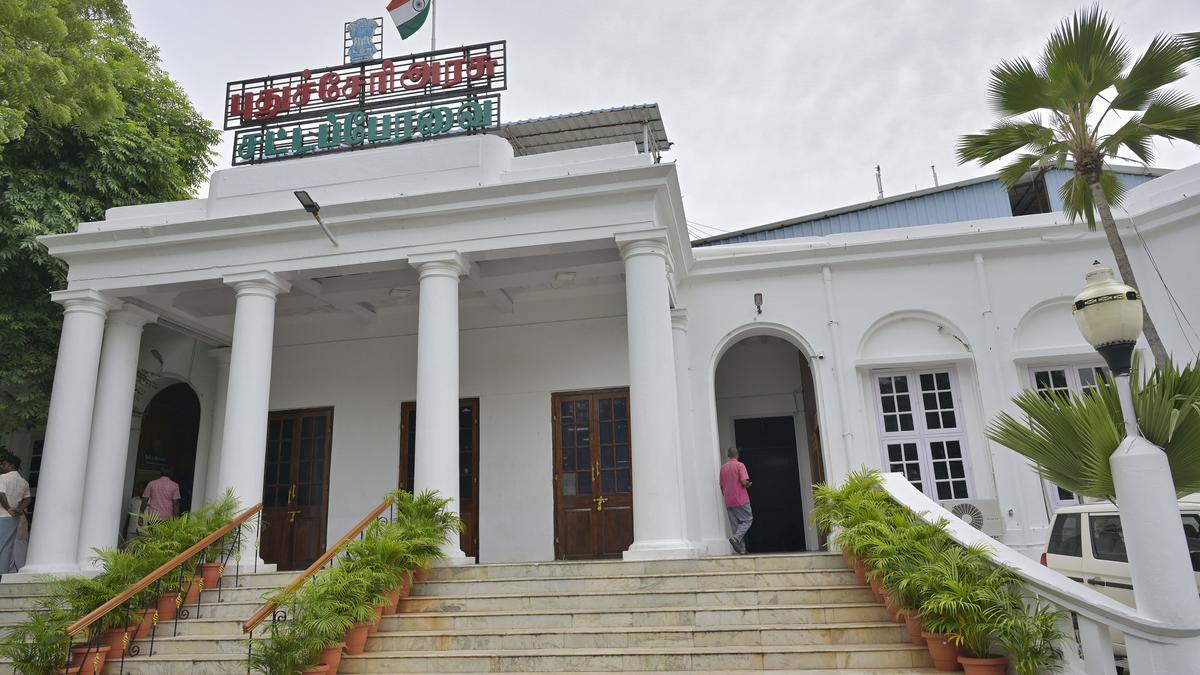
For years, the Super Bowl Halftime Show has been one of the most-watched performances in the world, a stage reserved for global icons who define American culture. In 2026, that moment will belong to Benito Antonio Martínez Ocasio aka Bad Bunny — the first male Latino artist and the first Boricua to headline the show solo.
It’s huge in a multitude of ways, given his cultural influence as well as the overarching attitudes about Spanish-speakers living in the United States right now.
For Puerto Ricans on the island and in the diaspora, the announcement is more than a musical milestone. It represents recognition, visibility, y mucho orgullo for a community that has long shaped the soundscape of the world. It’s about seeing ourselves reflected on the biggest stage of all and knowing that the rhythms of reggaeton as well as bomba, plena and salsa are not just local treasures, but universal languages.
Advertisement
And let’s be transparent about just how political this move is. When Bad Bunny skipped a U.S. tour citing ICE concerns, he tapped into a painful reality for Latino communities: Immigration raids don’t just detain people who don’t often deserve to be arrested, but stoke fear and impose the idea that simply appearing Latino in the U.S. is a criminal act.
As you might expect, the MAGA crowd is less than pleased about Benito at the Super Bowl, primarily because the performance will be in Spanish. And not just that gringo Spanish so many people learned in school (cue Kristin Wiig’s incredible “Bridesmaids” toast), but Puerto Rican colloquial Spanish in all its rapid-fire glory.
Against that backdrop, Bad Bunny’s upcoming halftime show becomes much more than a performance. By singing exclusively in Spanish, at the centerpiece of American popular culture, Bad Bunny is making a statement that is as unapologetic as it is historic. It’s a cultural flex, one that doubles as a middle finger to the conservative corners of the country that see our Latinidad as threatening to their idea of “what it means to be American.”
Advertisement
So we asked Puerto Ricans what this moment means to them, how they’ll celebrate it, and what message they think Bad Bunny’s presence sends to the world. And because speaking Spanish seems to agitate certain audiences and excite and empower others, here are their responses — en Español.
Carlos Calderón, 31, Cayey
“Me encantaría verlo en vivo. De lo contrario, lo veré ya sea entre amistades, haciendo un watch party o yendo a un lugar a verlo. Se celebrará en grande, como si estuviésemos viendo Miss Universo, a Tito Trinidad o las Olimpiadas, con nuestra bandera por todo lo alto.
Advertisement
Cuando haces todo desde un espacio de amor, pasión, dedicación y orgulloso de tus raíces y de donde vienes, siempre triunfas.”
Jeniffer Rosa López, 46, San Juan
“Siendo honesta, no me sorprende verlo en el Super Bowl. Para Bad Bunny no existen límites, y su éxito imparable inspira a nuevas generaciones a creer y luchar por sus sueños, por más imposibles que parezcan. Y no lo hace solo, se lleva con él todo lo bueno que nos caracteriza a los puertorriqueños, con orgullo y autenticidad. Por eso, se ha ganado el cariño y respeto de su gente.”
Advertisement
Luis Peña Crescioni, 30, San Juan
“Como viajero del mundo me emociona escuchar nuestra música boricua en tantos lugares: He escuchado a Bad Bunny en países árabes, en Asia, en Europa… y cada vez se me llena el pecho de orgullo. Que ahora esté liderando uno de los escenarios más grandes del planeta en el Super Bowl es algo hermoso porque representa a nuestra islita y también a muchos Latinos.
Cuando uno de los nuestros triunfa, demuestra que el talento, la creatividad y la pasión que tenemos en la isla pueden llegar a cualquier rincón del planeta.”
Katja Meléndez, 28, Santa Isabel
Advertisement
“El hecho de tener a Bad Bunny en el Super Bowl me hace recordar que el boricua no tiene límites. Reconozco que el tipo de música o estilo que lleva no sea la preferencia de algunos, no obstante, hay que reconocer que la Residencia en la isla, la atención y el ojo público que le ha dado a nuestra Isla nos pone en alto.
El mensaje más importante creo que va dirigido al boricua, solemos menospreciar nuestro talento o potencial porque venimos de una isla tan pequeña en donde hay que trabajar el doble para poder triunfar. El triunfo logrado nos demuestra el valor de nuestro trabajo y la influencia mundial que poseemos.”
Cristy Marrero, 46, Winter Park, Florida
20 Years OfFreeJournalism
Your SupportFuelsOur Mission
Your SupportFuelsOur Mission
For two decades, HuffPost has been fearless, unflinching, and relentless in pursuit of the truth. Support our mission to keep us around for the next 20 — we can’t do this without you.
We remain committed to providing you with the unflinching, fact-based journalism everyone deserves.
Thank you again for your support along the way. We’re truly grateful for readers like you! Your initial support helped get us here and bolstered our newsroom, which kept us strong during uncertain times. Now as we continue, we need your help more than ever. We hope you will join us once again.
We remain committed to providing you with the unflinching, fact-based journalism everyone deserves.
Thank you again for your support along the way. We’re truly grateful for readers like you! Your initial support helped get us here and bolstered our newsroom, which kept us strong during uncertain times. Now as we continue, we need your help more than ever. We hope you will join us once again.
Support HuffPost
Already contributed? Log in to hide these messages.
“Debo reconocer, que sentí un poco de confusión. En el momento político en que vivimos los Latinos en este país, luego de haber hecho declaraciones sobre su preocupación de presentar conciertos en Estados Unidos y la posible reacción de ICE contra los inmigrantes, siento que puede ser un arma de doble filo. Un desafío, sin duda. Y uno que sé que Benito y su equipo pueden aceptar sin problema. Espero de todo corazón que aproveche ese escenario que pocas veces se abre para gente como nosotros, para alzar su voz. Protestar en estos tiempos no es un acto de rebeldía, es un acto de supervivencia.
Me encantaría ver que Bad Bunny, por ejemplo, done gran parte de sus ganancias por esta presentación a entidades encargándose de proteger a nuestros niños inmigrantes o a los abogados dando servicios legales a esas familias que sufren por culpa de las políticas racistas de esta administración.”



